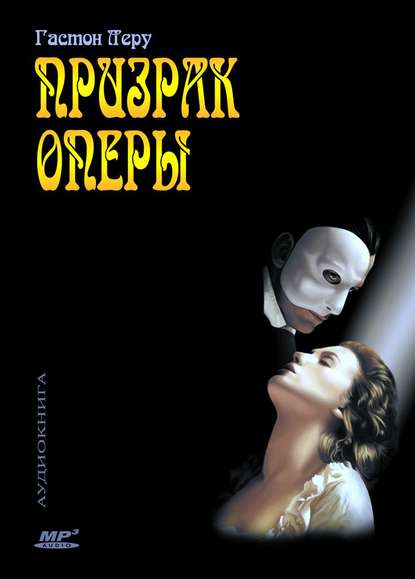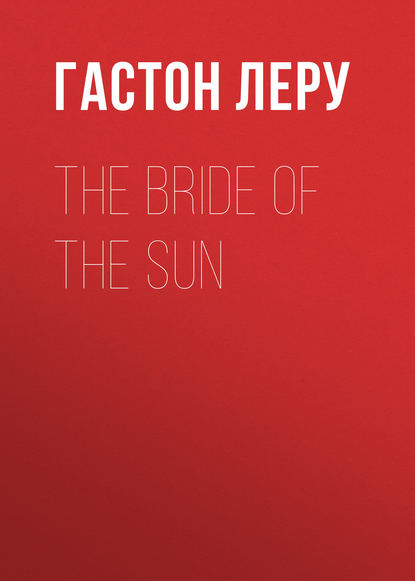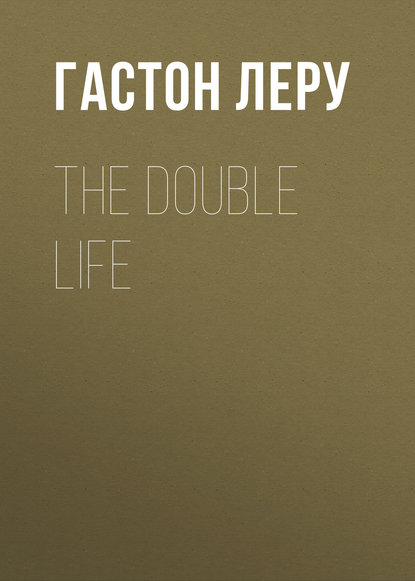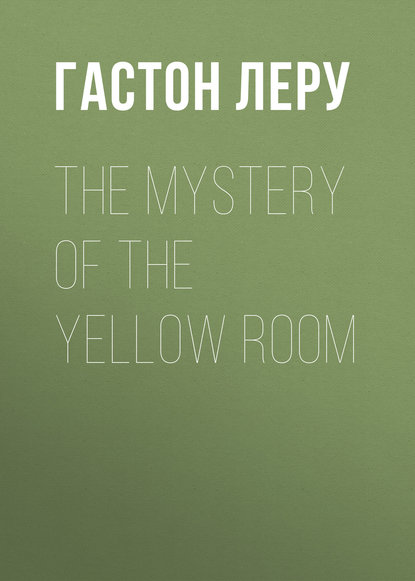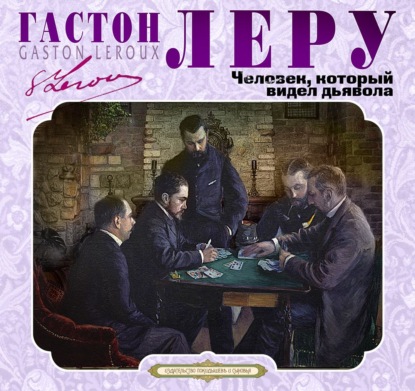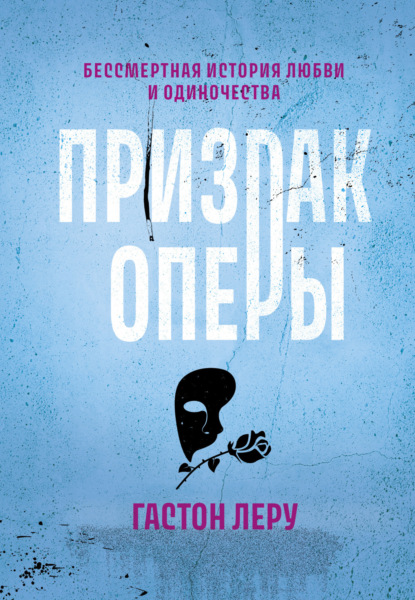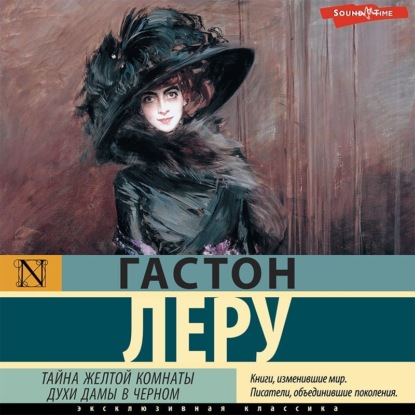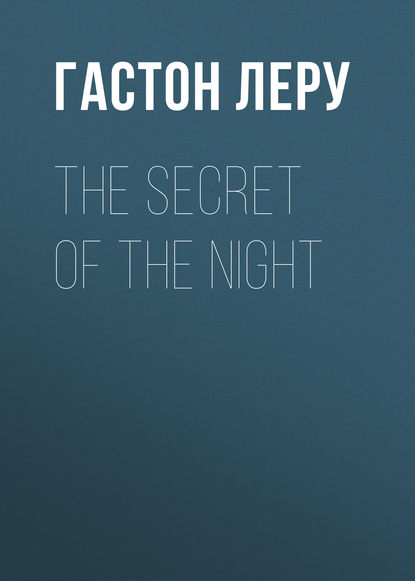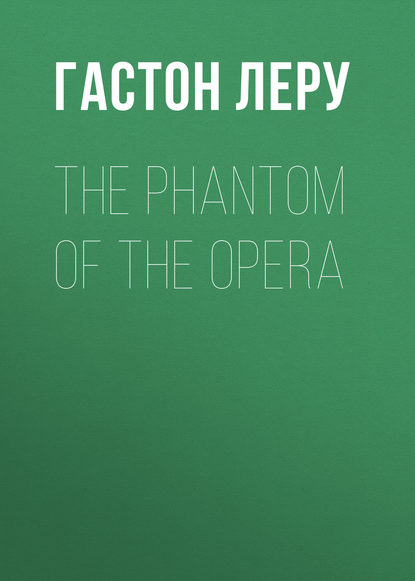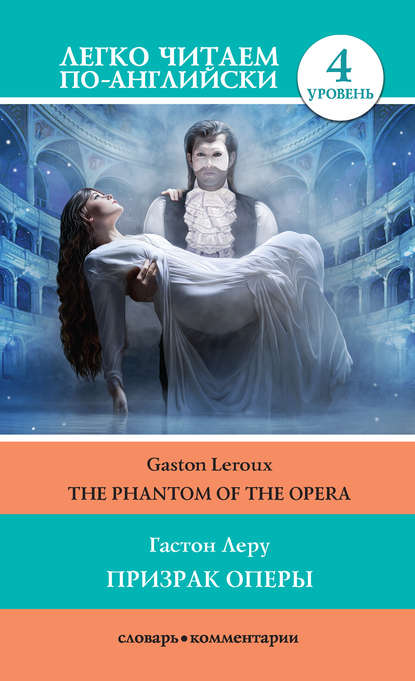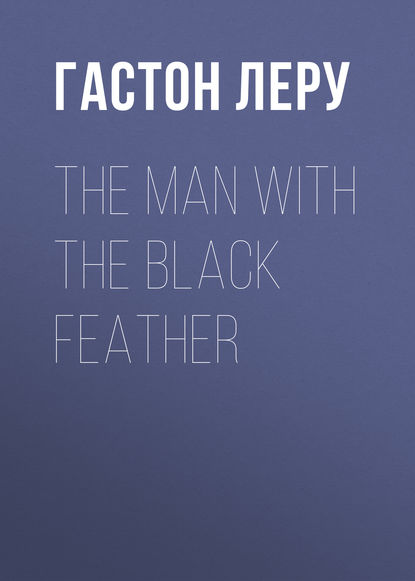
Полная версия
The Man with the Black Feather
"And Plato is a person to be reckoned with," said Theophrastus warmly.
"Charles Fourier says," said Adolphe, moving on to the modern, "Where is the old man who does not desire not to be certain of carrying into another life the experience he has acquired in this one? To assert that this desire can never be realised is to admit that the Deity would deceive us. We must then recognise that we have lived already, before being what we are to-day, and that many more lives await us. All these lives—Fourier adds with a precision for which we cannot be sufficiently thankful—to the number of a hundred and ten are distributed over five stages of unequal extent and cover a period of eighty-one thousand years."
"Eighty-one thousand years! That's pretty filling!" interrupted M. Lopard.
"We spend twenty-seven thousand of them on our planet and the other fifty-four thousand elsewhere," explained Adolphe.
"And how long is it before we come back into another body?" asked Madame Bache.
"At least two or three thousand years, if we are to believe Allan Kardec, always supposing that we have not died a violent death. Then, especially if one has been executed, one may be reincarnated at the end of two hundred years," said Adolphe.
"That's it! They must have hanged me," said Theophrastus to himself. "Or if they didn't hang a man of my quality, they beheaded me. All the same," he went on to think, with a natural pride, "if these people here knew that they were sitting with a favourite of the Regent, or perhaps a Prince of Royal blood, how astonished and respectful they'd be! But not a bit of it: they are merely saying to themselves, 'It's Theophrastus Longuet, manufacturer of rubber stamps'; and that's enough for them."
The advent of the two waiters with the champagne cut short the dissertation of Adolphe; and though everyone had been deeply impressed by it, now they only wished to be amused.
It was then that Marceline turned to Theophrastus and begged him to sing the song with which he was wont to delight their ears at dessert on each anniversary of their wedding-day. He had sung it on their wedding-day itself; and thanks to its charm and freshness, it had been a great success. It was Beranger's Lisette.
But what was the amazement of Marceline and all the guests, when Theophrastus sprang to his feet, threw his napkin on the table, and bawled to the mistress of the house:
"As you will, Marie-Antoinette! I can refuse you nothing!"
"Gracious goodness! That voice of his has come back!" gasped Marceline.
The guests had not recovered from the shock when Theophrastus bawled to an old French air, in a voice which none of them recognised as his, his voice of the Conciergerie, bawled to the most select society from Crécy-en-Brie to Lagny-Thorigny-Pomponne:
"Bullies all! In our snug cribsWe live like fighting-cocks:On dainties rich we splash the dibbs,And booze we never docks.Then guzzle, cullies, and booze awayTill Gabriel's trump on Judgment Day!"In spite of the richness of the rhyme, no applause followed the stanza. The ladies did not clink their glasses with their knives; they stared at Theophrastus with their eyes starting out of their heads; and the eyes of Marceline projected furthest of all.
Theophrastus did not need any applause; like one possessed of a devil, he bawled on:
"Bullies all! In our snug cribsDan Cupid loves to dance.He brings to help us splash the dibbsThe prettiest silk in France.Then guzzle, cullies, and booze awayTill Gabriel's trump on Judgment Day!"In a final triumphant roar he repeated the last couplet and prolonged the final note, his eyes on the sun, which was sinking over the edge of the horizon, laid one hand on his heart, embraced "Nature" with a sweeping gesture of the other, and bellowed:
"Then guzzle, cullies, and booze awayTill Gabriel's trump on Judgment Day!"He sat down with an air of supreme content, and said proudly:
"What do you think of that, Marie-Antoinette?"
"Why do you call me Marie-Antoinette?" gasped the trembling Marceline.
"Because you're the prettiest of them all!" roared Theophrastus in that awful voice. "I appeal to Madame la Maréchale de Boufflers, who's a woman of taste! I appeal to all of you! And there's not one of you, by the Pope's gullet, who'll dare to deny it! Neither the big Picard, nor the Bourbonnais, nor the Burgundian, nor Sheep's-head, nor the Cracksman, nor Parisian, nor the Provincial, nor the little Breton, nor the Feather, nor Patapon, nor Pint-pot, nor St. James's Gate, nor Gastelard, nor Iron-arm, nor Black-mug, nor even Fancy Man!"
Since Theophrastus had on his right old Mlle. Taburet, he prodded her in the ribs by way of emphasis, an action which nearly made her faint.
No one dared budge; his flaming eye chained them to their chairs; and leaning affectionately towards Mlle. Taburet, he pointed to the gasping Marceline, and said:
"Look, Mlle. Taburet, aren't I right? Who can compare with her? Pretty-Milkmaid, of Pussycat? Or even Blanche, the Bustler? Or Belle-Hélène who keeps the Harp tavern?"
He turned towards Adolphe.
"Here—you—old Easy-Going!" he said with a terrifying energy. "Let's have your opinion. Look at Marie-Antoinette a moment! By the Sucking-pig! there's not one to compare with her: not Jenny Venus, the flower-seller of the Palais-Royal, nor Marie Leroy, nor mother Salomon, the pretty coffee-house-keeper of the Temple, nor Jenny Bonnefoy who's just married Veunier who keeps the Pont-Marie café. Not one of them, I tell you! Not one of them! The Slapper, Manon de Versailles, Fat-Poulteress, the Lock, Cow-with-the-Baskets, or the Bastille!"
With a bound Theophrastus was on the table; and the crockery round him smashed into a thousand pieces. He caught up a glass and bellowed:
"I drink to the queen of the nymphs! Marie-Antoinette Neron!"
He crushed the glass in his hands, cutting them in twenty places, and bowed to the company.
But the company had fled.
CHAPTER IV
ADOLPHE LECAMUS IS FLABBERGASTED BUT FRANK
Theophrastus stood on the table and gazed sheepishly round the empty tent. His fine ardour was extinguished.
But I take up the narrative in the words of his memoirs:
"I found myself on the table," he writes, "in the middle of the broken crockery, and all the company fled. My guests' rough fashion of taking leave of me had confused me a little. I wished to get down, but by a singular phenomenon, I found as much difficulty in getting down from the table as I had displayed address in mounting it. I went down on my hands and knees; and by dint of the most careful precautions reached the ground safely. I called Marceline, who did not answer; and presently I found her trembling in our bedroom. I shut the door carefully and set about explaining matters. Her appealing eyes, full of tears, demanded an explanation; and I felt it my duty as a husband to hide from her no longer my great and amazing trouble of mind.
"'My dear Marceline,' I said, 'you must be entirely at a loss to understand what happened this evening; but never mind, I don't understand it myself. Still, by putting our heads together, reinforced by our love for one another, I do not despair of arriving at the correct explanation of it.'
"Then I coaxed her to go to bed; and when at last her head rested peacefully on the pillow, I told her my story. I gave her a complete account of my visit to the cellars of the Conciergerie, concealing nothing, and describing exactly the extraordinary feelings which troubled me and the unknown force which appeared to control me. At first she said nothing; in fact she seemed to shrink away from me as if she were frightened of me; but when I came to the document in the wall which revealed the existence of the treasures, at once she asked to see it.
"I took it from my pocket-book, and showed it to her by the light of the moon, which was at its full. Like myself, like all who had already seen it, she recognised my handwriting; and crossed herself for all the world as if she suspected something diabolical in it.
"However the sight of the document seemed to relieve her; and at once she said that it was most fortunate that we had at hand an expert in Spiritualism, that Adolphe would be of the greatest service to us in this difficult matter. We had the paper on the bed before us in the moonlight; and in the presence of this unshakable witness, she was presently compelled to admit that I was a reincarnated soul dating from two hundred years before.
"Then, as I was once more asking who I could have been, she annoyed me for the first time since our marriage.
"'Poor Theophrastus, you couldn't have been up to much,' she said.
"'And why not?' I said sharply, for I was nettled.
"'Because, dear, this evening you sang a song in slang; and the ladies whose names you mentioned certainly couldn't have belonged to the Aristocracy. When one associates with the Slapper, the Lock, and Manon of Versailles, one can't be up to much.'
"She said this in a tone of contempt which I put down to jealousy.
"'But I also spoke of La Maréchale de Boufflers,' I said again rather sharply. 'And you ought to know that in the time of the Regent all the ladies of the Court had some queer nickname. It's my belief, on the contrary, that I was a man of quality—what do you say to a favourite of the Regent?'
"I spoke rather huffily; and she gave me a kiss, and admitted that there was a good deal in what I said.
"The next morning she repeated her suggestion that we should take Adolphe into our confidence. She declared that his wide experience in these matters and his profound knowledge of metaphysics could not but be of the greatest help to a man who had buried treasures two hundred years ago and wished to recover them.
"'You'll see, dear, that he's the man who'll tell you what your name was,' she said.
"I yielded to her persuasion; and as we sat in the garden after lunch, I explained to him the inner meaning of the strange occurrence of the evening before. I took him back from the song to the document, from the document to the Conciergerie, watching the effect of the astonishing revelation on the expression of his face. It was clear that he was utterly astounded; and it appeared to me very odd that a professed Spiritualist should be so flabbergasted at finding himself face to face with a retired man of business, sound in mind and body, who claimed to have existed two hundred years before. He said that my behaviour at yesterday's dinner and the incomprehensible phrases to which I had given utterance at the Conciergerie were indeed calculated to prepare him for such a confidence, but as a matter of fact he had not been expecting anything of the kind, and was entirely nonplussed. He would like to have actually in his hand the proofs of such a phenomenon.
"I took out my document and handed it to him. He could not deny its authenticity; he recognised the handwriting. Indeed that recognition drew a sharp explanation from him; and I asked him the reason of it. He answered that my handwriting on a document two hundred years old explained a heap of things.
"'What things?' I said.
"He confessed loyally that till that moment he had never understood my handwriting and that it had always been impossible for him to see any connection between it and my character.
"'Is that so?' I said. 'And what is your conception of my character, Adolphe?'
"'Well, you won't be angry, if I'm frank with you?' he said, hesitating.
"'Of course not,' I said.
"On this assurance he described my character: it was that of a worthy business man, an honest merchant, an excellent husband, but of a man incapable of displaying any firmness, strength of mind, or energy. He went on to say that my timidity was excessive, and that my kindness of heart, to which he was fully alive, was always apt to degenerate into sheer feebleness.
"It was not a flattering portrait; and it made me blush for myself.
"'And now,' said I, hiding my mortification, 'you've told me what you think of my character: what do you think of my handwriting?'
"'It's the exact opposite of your character,' he said quickly. 'It expresses every sentiment utterly opposed to your nature as I know it. In fact, I can't think of a more direct antithesis than your character and your handwriting. It must be, then, that you haven't the handwriting which goes with your actual character, but the handwriting of the Other.'
"I might have been angry, if Signor Petito had not told me much the same thing; as it was, I exclaimed, 'Oh, this is very interesting! The Other, then, was a man of energy?'
"I thought to myself that the Other must have been some great leader. Then Adolphe went on; and as long as I live I shall never forget his words, so painful did I find them:
"'Everything shows, these thin strokes, the way they are joined to one another, their manner of rising, mounting, topping one another, energy, strength of will, pigheadedness, harshness, ardour, activity, ambition… for evil.'
"I was dismayed; but in a flash of genius I cried:
"'What is evil? What is good? If Attila had known how to write, he might have had the handwriting of Napoleon!'
"'Attila was called "the flail of God,"' he said.
"'And Napoleon was the flail of men,' I retorted on the instant.
"I was hard put to it to restrain my anger; but I asserted that Theophrastus Longuet could only be an honest man before this life, during this life, and after this life.
"My dear wife agreed with me, warmly. Adolphe saw that he had gone too far, and apologised."
CHAPTER V
THEOPHRASTUS SHOWS THE BLACK FEATHER
From that day the conversations of Theophrastus, Marceline, and Adolphe were of fascinating interest to them. They pored and pored over the document; they discussed over and over again the "Cock," the "Gall," "Chopinettes," and the "Betrayal of April 1st" of the mysterious document. They soon left Azure Waves Villa and returned to Paris to ransack the libraries.
Adolphe, the great reader, was much better adapted to historical research than either Marceline or Theophrastus; and their patience was exhausted long before his.
One Sunday they were strolling along the Champs-Elysées; and both Theophrastus and Marceline had been complaining bitterly of their failure at the libraries, when Adolphe said thoughtfully:
"What use would it be to us to find approximately the spot in which the treasures are buried unless Theophrastus had his Black Feather?"
"What Black Feather? What do you mean?" said Marceline and Theophrastus with one voice.
"Let's stroll back towards the Rond-Pont; and I'll tell you what I mean," said Adolphe.
When they were under the trees, among the throng of careless strollers, Adolphe said:
"You've heard of the water-finders?"
"Of course," they said promptly.
"Well, owing to some phenomenon, of which the explanation has not yet been discovered, these water-finders, equipped with forked hazel-twigs which they hold over the ground they are crossing, are able to see, through the different strata of the soil, the position of the spring sought, and the spot where the well must be sunk. I don't despair of getting Theophrastus to do for his treasures what the water-finders do for their springs. I shall take him to the place, and he will say, 'Here's where you dig for the treasures.'"
"But all this does not explain what you mean by my Black Feather," interrupted Theophrastus.
"I'm coming to it. I shall bring to this spot you, the treasure-seeker, as one brings the water-finder to the spot where one suspects the presence of water. I shall bring you there when you have your Black Feather."
He paused, and then went on in his professorial tone:
"I shall have to talk to you about Darwin; but you needn't be uneasy: I shan't have to talk about him for long. You'll understand at once. You know that Darwin devoted a great part of his life to some famous experiments of which the most famous were his experiments with pigeons. Desirous of accounting for the phenomena of heredity, he studied closely the breeding of pigeons. He chose pigeons because the generations of pigeons follow one another so closely that one can draw conclusions from them in a comparatively short space of time. At the end of a certain number, call it X, of generations he found once more the same pigeon. You understand, the same pigeon, with the same defects and the same qualities, the same shape, the same structure, and the same black feather in the very place where the first pigeon had a black feather. Well, I, Adolphe Lecamus, maintain, and I will prove it to you, that to eyes opened by Darwin it is the same with souls as with bodies. At the end of a number X of generations, one finds the same soul, exactly as it was originally, with the same defects and the same qualities, with the same black feather. Do you understand?"
"Not quite," said Theophrastus apologetically.
"Yet I'm lowering myself to the level of your intelligence," said Adolphe, impatient but frank. "But it is necessary to distinguish between the soul which appears hereditarily and that which returns by reincarnation."
"What do you mean?" said Theophrastus rather faintly.
"An hereditary soul which revives the ancestor has always its black feather, owing to the fact that it is the result of a unique combination, since it exists in the sheath, the body, which is hereditary to the same extent. Is that clear?"
"I notice that whenever you say, 'Is that clear?' my dear Adolphe, everything seems to go as dark as pitch," said Marceline humbly.
Adolphe ground his teeth, and raised his voice:
"Whereas a soul which returns in the course of reincarnation finds itself in a body in which nothing has been prepared to receive it. The aggregate of the materials of this body have their origin in—I take Theophrastus as example—several generations of cabbage-planters—"
"Gardeners—market-gardeners!" interjected Theophrastus gently.
"—at Ferté-sous-Jouarre. The aggregate of the materials of this body may for a while impose silence on this soul, originally perhaps—I am still taking Theophrastus as an example—belonging to one of the first families in France. But there comes a time when the soul gets the upper hand; then it speaks, and shows itself in its entirety, exactly as it was originally, with its black feather."
"I understand! I understand the whole business!" cried Theophrastus joyfully.
"Then when this soul speaks in you," cried Adolphe, warming to eloquence, "you're no longer yourself! Theophrastus Longuet has disappeared! It's the Other who is there! The Other who has the gestures, the air, the action, and the Black Feather of the Other! It's the Other who will recall exactly the mystery of the treasures! It's the Other who remembers the Other!"
"Oh, this is wonderful!" cried Theophrastus, almost in tears of joy. "I grasp now what you mean by my Black Feather. I shall have my Black Feather when I'm the Other!"
"And we will help you in the matter, dear friend," said Adolphe with unabated warmth. "But till we have disentangled the Unknown who is hidden in Theophrastus Longuet, until he is alive before our very eyes with the right amount of force, daring, and energy, until, in a word, he appears with his Black Feather, let us calmly devote ourselves to the study of this interesting document which you brought back from the Conciergerie. Let us make it our pastime to penetrate its mystery, let us fix the limits of the space in which these treasures were buried. But let us wait before ransacking the bowels of the earth till the Other, who is asleep in you, awakes and cries, 'It is here!'"
"You speak like a book, Adolphe!" cried Marceline, overwhelmed with admiration. "But can we really expect the soil in which the treasures were buried to have remained undisturbed all these years—over two hundred?"
"Woman of little faith," said Adolphe sternly, "they have been disturbing the sacred soil of the Roman Forum for over two thousand years as the soil of Paris has never been disturbed; and it was only a few years ago that they brought to light the famous rostrum from which Caius and Tiberius poured forth their eloquence… Ah, here's M. Mifroid, my friend the Commissary of Police, whom I've so long wanted you to know. Well, this is lucky!"
A man of forty, dressed in the height of fashion and as neat as a new pin, with one white lock drawn carefully down on his unwrinkled brow, came up to them smiling, raised his hat, and shook Adolphe warmly by the hand.
"How are you?" said Adolphe cordially. "Let me introduce you to my friends. M. Mifroid—Madame Longuet—M. Longuet."
From the glance of respectful admiration which he bestowed on her charming face Marceline gathered that the Commissary of Police was also a squire of dames.
"We have often heard our friend M. Lecamus speak of you," she said with a gracious smile.
"I feel that I have known you for a long time. Every time I meet him, he talks about his friends of Gerando Street, and in such terms that the good fortune which this moment befalls me, this introduction, has been my most fervent desire," said M. Mifroid gallantly.
"I hear that you are an accomplished violinist," said Marceline, delighted with his politeness.
"Accomplished? I don't know about accomplished: I play the violin; and I am something of a sculptor and a student of philosophy—a taste which I owe to our friend M. Lecamus here. And when I passed you just now, I heard you discussing the immortality of the soul," said M. Mifroid, who wished to shine before the eyes of the pretty Marceline.
"Adolphe and I love to discuss these serious questions; and just now we were discussing the body and soul and the relations between them," said Theophrastus with a very fair imitation of the professorial air of Adolphe.
"Haven't you got beyond that?" said M. Mifroid, burning to shine. "In the eyes of Science matter and spirit are one and the same thing, that is to say, they constitute the same unity in the same Force, at once result and phenomenon, cause and effect, moving towards the same end: the Progressive Ascent of Being. You two gentlemen are the only people left to make this distinction between matter and spirit."
Theophrastus was a trifle huffed: "We do the best we can," he said stiffly.
The little party had come into the Place de la Concorde. At the top of the Rue Royale there was a large crowd of people, shouting and gesticulating.
At once Theophrastus, like a true Parisian, was on fire to learn what was going on, and plunged into the heart of the crowd.
"Mind you don't get your pockets picked!" cried Marceline after him.
"Oh, you needn't be afraid of getting your pocket picked when you're in the company of Commissary Mifroid," said that gentleman proudly.
"That's true," said Marceline with an amiable smile. "You are here; and we run no risk at all."
"I don't know about that," said Adolphe slyly. "My friend Mifroid appears to me more dangerous than all the pickpockets on the face of the earth—to the heart."
"Ah, he will have his joke!" said M. Mifroid laughing; but he assumed his most conquering air.
Theophrastus kept them standing there for fully ten minutes before he emerged from the crowd with his eyes shining very brightly.
"It's a cab-driver who has locked his wheel with that of a motor car," he said.
"And what has happened?" said Marceline.
"Why, he can't unlock it," said Theophrastus.
"And all this crowd about a trifle like that! How silly people are!" said Marceline.
Thereupon she invited M. Mifroid to come home and dine with them. He needed but a little pressing to accept the invitation; and they strolled slowly back to Gerando Street.
The dinner was very lively, for M. Mifroid was still bent on shining; and his example spurred Adolphe to splendid emulation. It was when they were taking their coffee at the end of dinner that M. Mifroid suddenly seemed uneasy. He felt in all his pockets, trying to find his handkerchief. His search was vain; it was not there. After a final search in the pockets in the tails of his frock-coat, he ground his teeth, gave his moustache a despairing tug, and took a deep breath.
Two minutes later Theophrastus blew his nose. Marceline asked him where he had got that pretty handkerchief. M. Mifroid looked at it and saw that it was his. He laughed somewhat awkwardly, declared that it was an excellent joke, took it from Theophrastus, and put it in his pocket. Theophrastus could not understand it at all.



